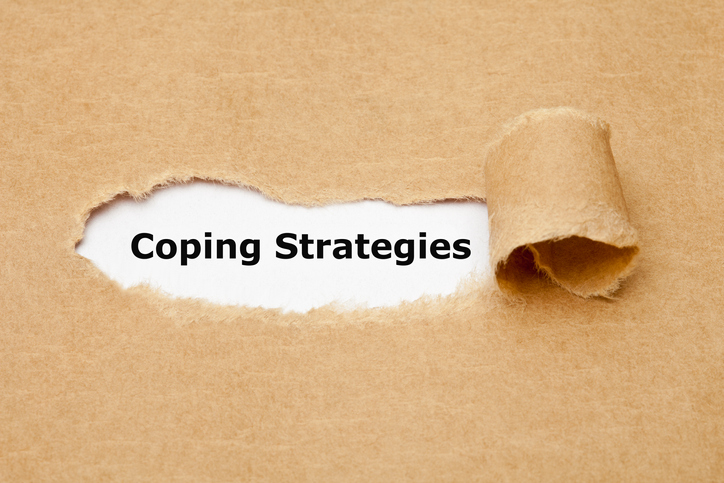While the ultimate goal is to create an environment where wellness is the norm and stress is at a steady low, we must recognize that difficult things will happen from time to time and we will need immediate strategies to help us respond in effective ways. As COVID cases continue to rise again and the outcome of the most recent election remains in question, now may be a good time to review some of these as-needed skills for in the moment stress caused by situations you cannot escape. Offered by Tara Parker-Pope, here are 10 ways to help manage distress through challenging times:
- Interrupt yourself – As you feel your anxiety level rising, try to practice “self interruption.” Go for a walk. Call a friend. Run an errand. Just move your body and become aware of your breathing.
- Focus on your feet – When you feel your stress level rising, try this quick calming exercise from Dr. Judson A. Brewer, director of research and innovation at the Mindfulness Center at Brown University. Take a moment to focus on your feet. You can do this standing or sitting, with your feet on the ground. How do they feel? Are they warm or cold? Are they tingly? Moist or dry? Wiggle your toes. Feel the soles of your feet. Feel your heels connecting with your shoes and the ground beneath you.
- Move for 3 minutes – It just takes a short burst of exercise — three minutes to be exact — to improve your mood, said Kelly McGonigal, a health psychologist and lecturer at Stanford University whose latest book is “The Joy of Movement.” Do jumping jacks. Stand and box. Do wall push-ups. Dance.
- Tackle a home project – Still working from home? Get rid of clutter, make a scrapbook, get a new comforter, hang artwork. Anything you do where you take an action that allows you to connect, whether consciously or not, with this idea that there’s a future you’re moving toward, that’s like a hope intervention. It’s something you’re doing now to look after your future self.”
- Try five-finger breathing– Step 1. Hold your hand in front of you, fingers spread. Step 2. Using your index finger on the opposite hand, start tracing the outline of your extended hand, starting at the wrist, moving up the pinkie finger. Step 3. As you trace up your pinkie, breathe in. As you trace down your pinkie, breathe out. Trace up your ring finger and breathe in. Trace down your ring finger and breathe out. Step 4. Continue finger by finger until you’ve traced your entire hand. Now reverse the process and trace from your thumb back to your pinkie, making sure to inhale as you trace up, and exhale as you trace down.
- Connect with nature – Spend time outside. Watch birds. Wander amid the trees. Take a fresh look at the vistas and objects around you during an “awe walk.” Recent research shows that consciously taking in the wonders of nature amplifies the mental health benefits of walking.
- Rediscover your diaphragm – Many of us are vertical breathers: When we breathe, our shoulders rise and fall, and we’re not engaging our diaphragm. To better relax, learn to be a horizontal breather. Inhale and push your belly out, which means you’re using your diaphragm. Exhale and your middle relaxes.
- Enjoy distractions – Give your mind a break by watching this cat comfort a nervous dog, or check out the jellyfish cam at the Monterey Bay Aquarium. You’ll find more fun diversions on our new interactive Election Distractor, including a digital stress ball, a virtual emotional support dog and Donald J. McNeil Jr., the Times’s infectious disease reporter, giving you optimistic news about the coronavirus vaccine.
- Unleash the aromatics – Take a lavender foot bath, burn a scented candle or spritz the air with orange aromatherapy. It’s only a temporary reprieve, but it just might help get you through election night.
- Accept the present moment – Accepting the result of the election doesn’t mean giving up if things don’t go your way. In fact, you’ll be more effective at pursuing change if you accept the situation. “Our anxiety comes from the desire to have things be different,” said Ms. Williams. “There’s going to be the day after the election. And the day after that. We need to be present to what is, regardless of the outcome you want.” Thinking about history and those who have faced seemingly insurmountable hardship in the past can help you gain perspective, accept current events and make plans to pursue change.
Read the full article at the New York Times

